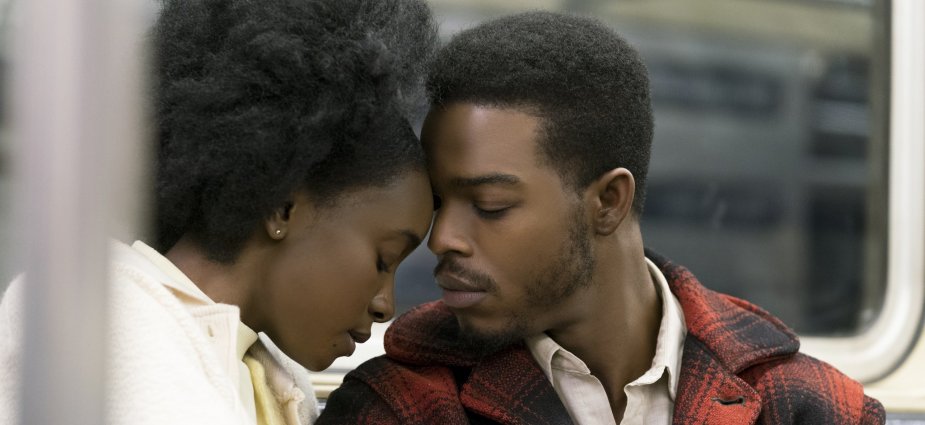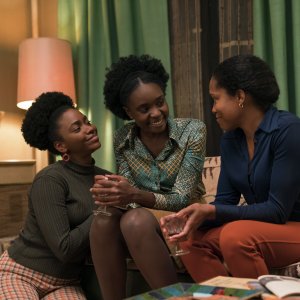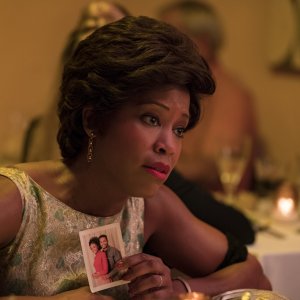In his follow up to the coming of age drama Moonlight (2016), which snatched the Academy Award for Best Picture in 2017, American filmmaker Barry Jenkins has delivered another enthralling screen experience with If Beale Street Could Talk (2018), a romantic drama that celebrates the interminable power of love.
Clementine “Tish” Rivers (portrayed by newcomer KiKi Layne) is a 19-year old African American sales assistant living in Harlem, New York. The film follows her relationship with childhood friend turned partner Alonzo “Fonny” Hunt (Stephan James), a sculptor who is wrongly accused for rape on the eve of their moving in together. With the support of her family, Tish strives to clear Fonny’s name before the birth of their first child.
If Beale Street Could Talk is the first English language screen adaptation of a James Baldwin novel. Baldwin was an American writer extolled for his intricate commentary on racial, sexual, and class distinctions in mid 20th Century America. Baldwin was so disheartened by America’s prejudice against African Americans that he immigrated to Paris at twenty four years of age, and Jenkins reverently conveys this sense of hopelessness using his trademark expressionistic aesthetic.
Jenkins favours a strong performance focus, and this is especially powerful when Tish visits Fonny in jail; the camera lingers on Fonny’s beaten face, each bruise a harbinger of how insignificant he is outside of Tish’s world. The film is littered with black and white images of police brutality against African Americans, and Tish’s commentary on the rigged system of equitable integration, as well as the haunting, jazz infused soundtrack, indicate that these images are not just relics of a time past.
But if racial prejudice is presented as a very real affliction, love is correspondingly presented as its antidote. As Tish’s mother, Sharon (Regina King in a career defining role), reassures her daughter, “love is what brought you here”; love is what makes the world worth enduring.
Readers also enjoyed this review of Queensland Theatre’s Hedda.













